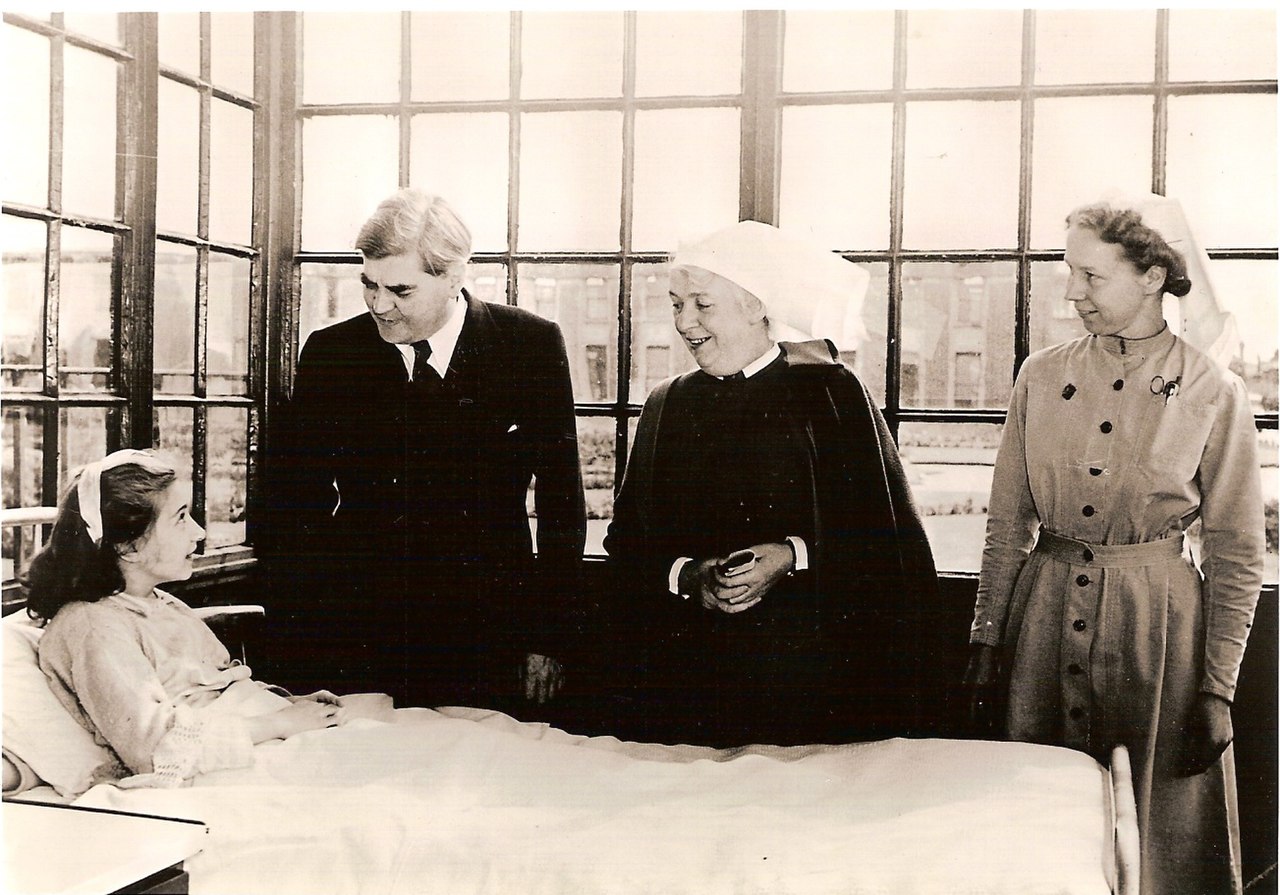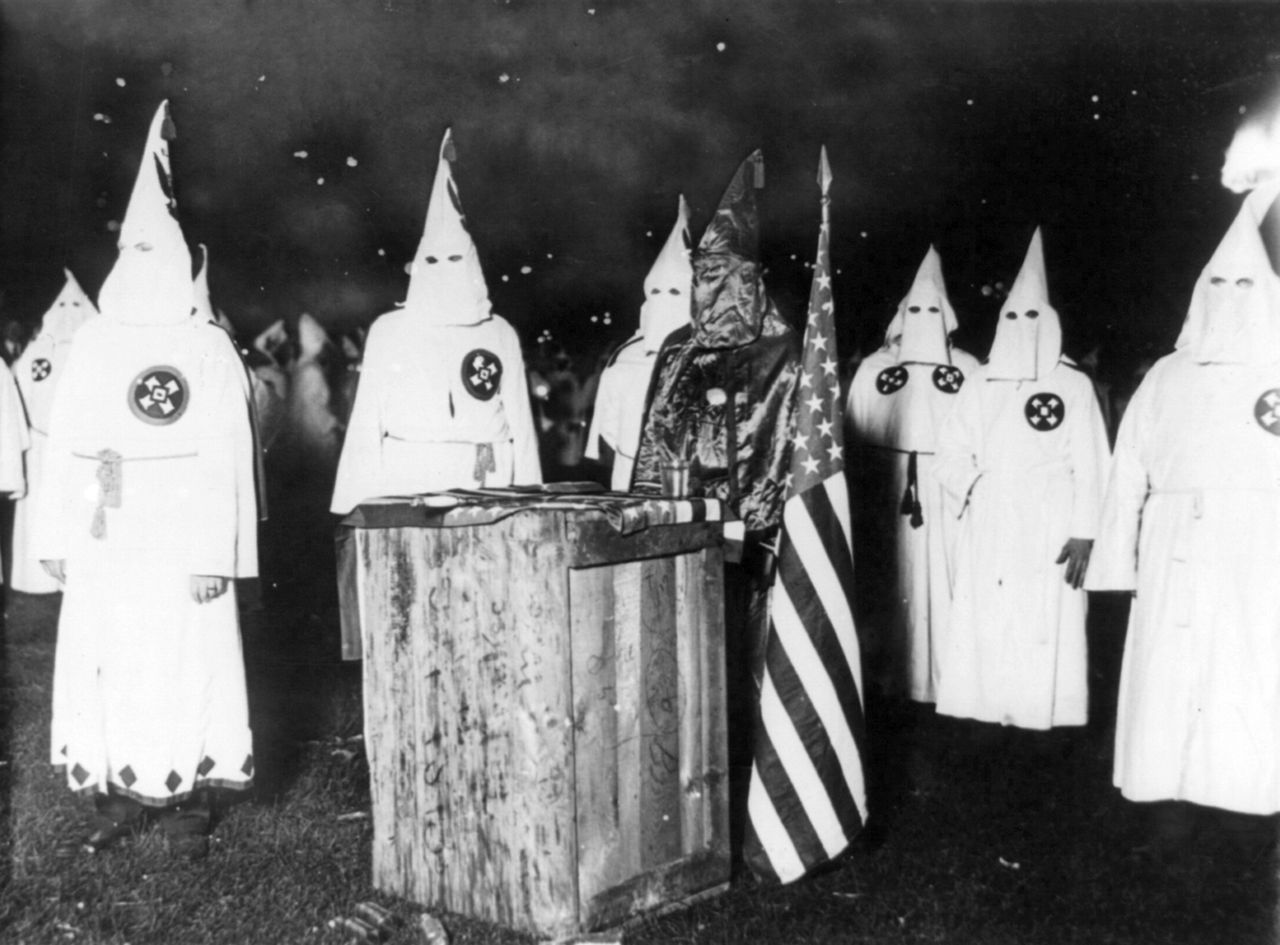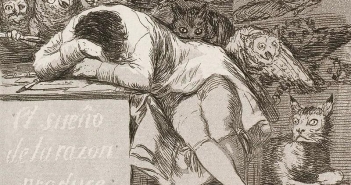At a recent debate organised by the English-Speaking Union (ESU) at its HQ, Dartmouth House in London, we considered whether the British government’s response to Covid placed too great a priority on security rather than liberty. Naturally I took the liberty side of the argument.
I expressed the fear that such a public forum as the ESU had convened could represent an interregnum, or lull in the storm, but hope springs eternal.
A central hallmark of a democracy is freedom of speech. In terms of the First Amendment to the US Constitution, Anthony Lewis argued free speech should act as a search engine for the truth. Ronald Dworkin argued that free speech is a condition for legitimate government, and a counterweight to hysteria and unreason. Stephen Sedley, an eminent English judge, called it the lifeblood of a democracy. Freedom of speech also opens government and private enterprise to intense scrutiny. Above all, it encourages diversity and tolerance.

Christopher Hitchens.
Right to Ridicule
It is not for the faint of heart. Christopher Hitchens remarked that freedom to speak inoffensively is meaningless, while Dworkin insisted on a right to ridicule.
The overarching argument for speech rights was expressed beautifully in extremis by Hitchens when he said, ‘if you disagree with me that is your prerogative, so stand in line while I, rhetorically, kick your ass.’
Conflict is resolved best through argument with the truth sacrosanct, ideally via open-ended public debate.
This should not merely be rhetoric, but include arguments of substance. And the ESU provides, or can provide, that forum. Perhaps uniquely so. Indeed, it was heartening to encounter a multi-generational debate that included insightful youthful interventions.
In retrospect, Hitchens represents the tail end of a tradition beginning with his hero Thomas Paine, mediated through his other great hero George Orwell, and culminating in him through a rich tapestry of public intellectuals and journalists, who fundamentally believed the pen to be mightier than the sword: that speech and words matter.
Alas today speech has degenerated in the popular press into public titillation and gossip. It is also noticeable that the great traditions of investigative journalism, evident during the golden era of the Washington Post under Katherine Graham and The Times under Harold Evans, is in serious decline. Today most investigative journalism is a sham. The intellectual culture of the press has been degraded beyond belief.
Social media is now a form of speech-driven pornography, where legitimate and illegitimate expressions of speech are proving impossible to disentangle. Character assassination and casual defamation have become the order of the day. The Internet may be a force of liberation in some respects, but also permits public display of ever more bizarre and outlandish commentaries. Mark Zuckerberg has unleashed a Promethean conflagration that remains untamed.
Today’s emphasis on brevity and soundbites in politics conceals how the truth often requires explanation, as it is often nuanced.

Aneurin Bevan talking to a patient at Park Hospital, Manchester, the day the NHS came into being in 1948.
Like paying a visit to Woolworths…
Aneurin Bevan, as good an orator as Churchill, once remarked that listening to a speech from Labour leader Clement Atlee was like paying a visit to Woolworths: ‘everything was in its place, but nothing was above the value of sixpence.’ To be convincing speech should have the necessary brio to rouse an audience.
From Jeremy Bentham’s Speech Acts, Jürgen Habermas, develops the crucial idea of Ideal Speech or Communicative Action. This is an idea that speech should be formal, and not tainted by an unthinking recourse to ideology. He also suggests that such dialogue in the tradition of the Enlightenment salon will provide technical outcomes that are also morally purposeful.
In Communicative Action he wrote: ‘Speakers coordinate their action and pursuit of individual (or joint) goals based on a shared understanding that the goals are inherently reasonable or merit worthy.’
It succeeds:
insofar as the actors freely agree that their goal (or goals) is reasonable, that it merits cooperative behaviour. Communicative action is thus an inherently consensual form of social coordination in which actors “mobilise the potential for rationality” given with ordinary language and its telos of rationally motivated agreement.
Although not all speech should have to be taken seriously, it is important that a forum such as Dartmouth House is maintained for popular shibboleths to be dismantled in public debate.

George Orwell.
Doublespeak
So, propaganda should not be taken seriously, nor modes of advertising, without close and detailed inspection. The opinions of many putative experts fall under the same category. Certainly, a little knowledge is a dangerous thing.
The use of language – however cloaked in notional expertise – to undermine freedoms is a very worrying development. The employment by officialdom of complex legal discourse and manipulation of language may represent the onset of what George Orwell referred to as ‘doublespeak’. This can be exposed in civilised public debate in a neutral forum.
A certain degree of puff and blow will always be found among business-people. Advertising lubricates the wheels of commerce, but when almost non-existent standards permit multinational corporate entities, including the pharmaceutical sector, to fabricate, falsify and frankly lie, thus precipitating financial and environmental collapse, this may represent a return to the dark ages.
Sadly, mainstream political debate has disintegrated. Notably, Donald Trump and Hilary Clinton engaged in a travesty of a public debate before the US Presidential election of 2016. It was more like a staged reality TV show. Its nearest equivalent was the format of a farcical game show, such as the Jerry Springer Show.
Thus politics has become part of the entertainment industry. Despite his Classical education, Boris Johnson invokes Peppa Pig before business leaders.
So, an unconditional respect for freedom of speech should be offset by an understanding that certain speech does not warrant protection. Nonsense is best resolved by forensic debate – cutting through crap in common parlance.

Surveillance Capitalism
The criminalisation of unpopular opinion is a worrying feature of our times, and it is ‘subversives’ such as Julian Assange – along with those who dared to hold a referendum in Catalonia – that are accused, prosecuted, and convicted of treason. It is these dissidents that need protection.
Under the Facebook and Google dispensation people become products to be profiled and mined, a point made brilliantly in Shoshana Zuboff’s The Age of Surveillance Capitalism.
Moreover, political correctness has also led to the intensification of extremism. I would argue that this includes attempts by the transgender lobby to ban esteemed academics from the airwaves or campuses. ‘No platforming’ undermines public debate, as do unsubstantiated complaints to academic authorities that lead to the removal of a radical professor.
So, when in Georgetown University certain radical professors indicated they were far from unhappy at the death of the arch conservative Judge Scalia, their conservative colleagues sought their removal on the basis that the ‘snowflake’ generation of easily upset students would be offended at the disrespect.
We must maintain a right to protest, engage in civil disobedience and crucially – in an increasingly controlled and technocratic age – the right to offer truth-bearing, fearless and independent criticism.

KKK rally near Chicago in the 1920s.
The Limits of Freedom of Expression
Speech has its outer limits, where there is a clear and present danger of imminent lawless action. This tension is explored in Snyder v Phelps, where a fundamentalist Christian group demonstrated outside a gay serviceman’s funeral.
Upholding speech rights, the Court concluded that:
Westboro believes that America is morally flawed; many Americans might feel the same about Westboro. Westboro’s funeral picketing is certainly hurtful and its contribution to public discourse may be negligible. But Westboro addressed matters of public import on public property, in a peaceful manner, in full compliance with the guidance of local officials. The speech was indeed planned to coincide with Matthew Snyder’s funeral, but did not itself disrupt that funeral, and Westboro’s choice to conduct its picketing at that time and place did not alter the nature of its speech.
Speech is powerful. It can stir people to action, move them to tears of both joy and sorrow, and—as it did here—inflict great pain. On the facts before us, we cannot react to that pain by punishing the speaker. As a Nation we have chosen a different course—to protect even hurtful speech on public issues to ensure that we do not stifle public debate. That choice requires that we shield Westboro from tort liability for its picketing in this case.
Moreover, in Brandenburg v Ohio 359 U.S 44, the Court went so far as to protect even racial abuse at a Ku Klux Klan ‘rally’ held at a farm in Hamilton County.
One film showed twelve hooded figures, some of whom carried firearms. They were gathered around a large wooden cross, which they burned. No one was present other than the participants and the newsmen who made the film. Most of the words uttered during the scene were incomprehensible when the film was projected, but scattered phrases could be understood that were derogatory of African-Americans and, in one instance of Jews.
The Supreme Court concluded that this was speech protected under the First Amendment on the principle that the constitutional guarantees of free speech and free press do not permit a State to forbid or proscribe advocacy of the use of force or of law violation, except where such advocacy is directed to inciting or producing imminent lawless action and is likely to incite or produce such action.
In contrast, the ECHR will not protect either racist speech or Holocaust denial. And even the ESU may feel the Americans went too far.
But the detailed US decisions show how far the US courts are prepared to travel to protect speech. It is an important point that it is the speech we most dislike and most disagree with that needs the most protection.

Village stocks in Bramhall, England c. 1900.
Enemies of the People
Whistle-blower legislation protects those who want to expose official corruption and protects speech. However, as I have found, the spectre of criminal prosecution under Official Secret’s legislation is always a suspensive and possible threat. Anyone blowing the whistle must evaluate the risk of prosecution, including the almost inevitable consequence of job loss and ostracism.
Henrik Ibsen’s Enemies of the People – perhaps uniquely in his oeuvre – was overtly political. The premise is simple: a prominent and well-connected local engineer whose brother is the town mayor is asked to conduct a survey of the waters of the town. The town in question has become famous as a spa resort attracting a great deal of tourism, but when he tests the waters, he finds that they are polluted and informs the town and indeed his brother.
It is the reaction to this that is interesting. Rather than lauding him and complimenting him for his finely attuned sense of ethics and correct analysis, they turn on him with ever-increasing ferocity. A storm of hatred is unleashed.
He will destroy the local economy. Their livelihoods will be affected. The industry of the town will be negated. He is shunned, ostracised, victimised. His family is torn apart, and he becomes an ‘Enemy of the People’. The mob descend in all their unfettered glory. Sound familiar?
Thus, we must protect freedom of speech as it vitalises a democracy, but we must also recognise the rules of civic discourse.
Yet I fear that a great tradition of oracy, public communication, rationalist discourse and generalist interest is in decline: usurped by the purveyors of false information, false speech acts and blandishments.
If the English-Speaking Union can revitalise the young with a passion for genuine public communication, it will be performing a great service, training a new generation of professionals in the essential and transferable skills of advocacy, public communication and, above all, respect for the truth.
Feature Image: Presidential debate between John F. Kennedy and Richard Nixon for the 1960 election in the United States.
The English-Speaking Union (ESU) is an international charity and membership organisation underpinned by Royal Charter working to give all young people – regardless of background – the speaking and listening skills and the cross-cultural understanding to enable them to thrive.
Our programmes are underpinned by over 100 years’ expertise in the field of debate and public speaking delivery, policy and research.
Founded in 1918 by the author and journalist Sir Evelyn Wrench, the ESU brings together and empowers people of all cultures and nationalities by building confidence and shaping communication skills, so that individuals can realise their full potential. In our 36 branches in England and Wales and 54 international branches, the ESU carries out a variety of activities such as: competitions, debating, public speaking and student exchange programmes, teacher training, classroom outreach, research and scholarships. All of these encourage the effective use of the English language around the world.
To find out more about our work, please go to: https://www.esu.org/ and so consider joining the ESU: https://www.esu.org/support-our-work/become-a-member/. Please contact Matthew Christmas, Head of Engagement, if you would like to know more or to volunteer with us: [email protected].
Dartmouth House, in the heart of Mayfair, is our International Headquarters and, as Covid recedes, we are delighted to be re-starting our regular public debates where we encourage civil discussion and informed debate where all ages can get involved.
The next Dartmouth House Debate is on Monday 09 May 2022 at 1830 hrs to debate the motion that “This House believes that cryptocurrency and NFTs are a hyped-up fad.”
We hope that will want to find out more and get involved with the ESU.




